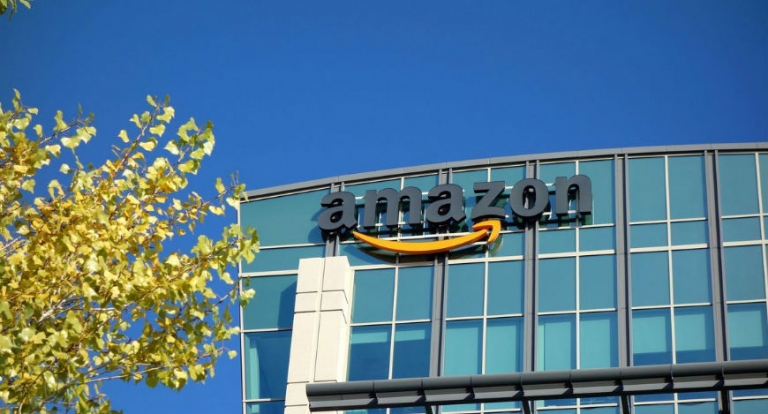
The long battle between Amazon and its workers, over the latter’s move to unionize, seems to be drawing close to an end. For the first time, the e-commerce giant is making concessions to workers’ union.
Amazon reached a settlement on Wednesday with the National Labor Relations Board, which will allow workers to engage in union organizing at its warehouses, Times first reported.
The agreement nullifies the company’s policy that made it nearly impossible for its workers to organize a union. The policy has been upheld by Amazon for a long even though it stood against labor regulations.
Tekedia Mini-MBA edition 16 (Feb 10 – May 3, 2025) opens registrations; register today for early bird discounts.
Tekedia AI in Business Masterclass opens registrations here.
Join Tekedia Capital Syndicate and invest in Africa’s finest startups here.
Under the settlement, Amazon must allow employees who are done with their shifts but working on union activities to access nonwork areas of the facilities, such as break rooms, if other off-duty workers are also allowed there.
“This settlement agreement provides a crucial commitment from Amazon to millions of its workers across the United States that it will not interfere with their right to act collectively to improve their workplace by forming a union or taking other collective action,” NLRB General Counsel Jennifer Abruzzo said in a statement. “Working people should know that the National Labor Relations Board will vigorously seek to ensure Amazon’s compliance with the settlement and continue to defend the labor rights of all workers.”
Amazon workers’ repeated attempts to form unions at warehouses in Alabama and New York, had been met by stiff opposition by the company. The agreement followed a complaint filed by six workers, which said that Amazon did not allow them to be on-site outside 15 minutes on either side of their shifts, making it difficult to organize.
The agreement also protects workers who are participating in union activities outside the facilities, such as in the parking lots, from getting kicked off the premises.
Amazon has had growing complaints from its workers since the pandemic began. NLRB’s database shows that more than 75 complaints of unfair practices had been lodged against the company.
As part of this week’s agreement with the NLRB, Amazon must send notices informing workers of their rights to current and past hundreds of thousands of warehouse workers who were employed at the company since March 22.
“WE WILL NOT tell you that you cannot be on our property, or that you need to leave our property 15-minutes after the end of your shift, or threaten you with discipline or that we will call the police, when you are exercising your right to engage in union or protected concerted activities by talking to your co-workers in exterior nonwork areas during nonwork time,” Amazon’s required notice to workers says.
Amazon also agreed to a bypass of the NLRB administrative hearing process that’s usually involved with these sorts of agreements. The move will make it easier to investigate claims of Amazon failing to uphold the settlement agreement.
The agreement, which comes on the heels of a fresh union petition filed by a group of Amazon warehouse workers in Staten Island, means that Amazon workers will likely have another shot at unionization as soon as possible. Defying Amazon’s opposition, a group of workers named The Amazon Labor Union, moved to collect signatures for a union vote three months ago. However, at roughly 2000, the signatures fell short of the number needed for a proper unit to be formed by the workers, according to NLRB.
But NLRB called for a revote last month after it was discovered that Amazon had made improper interference in the first election. This means the Retail, Wholesale and Department Store Union will get a second shot.
Another group of Amazon workers based in Staten Island is also taking another shot at unionization, and has this week, filed an application with the federal government to hold a vote.
The finalization of the agreement on Wednesday means more groups, scattered across Amazon facilities around the U.S., will likely spring up and the company should anticipate disobedience to its policies.



